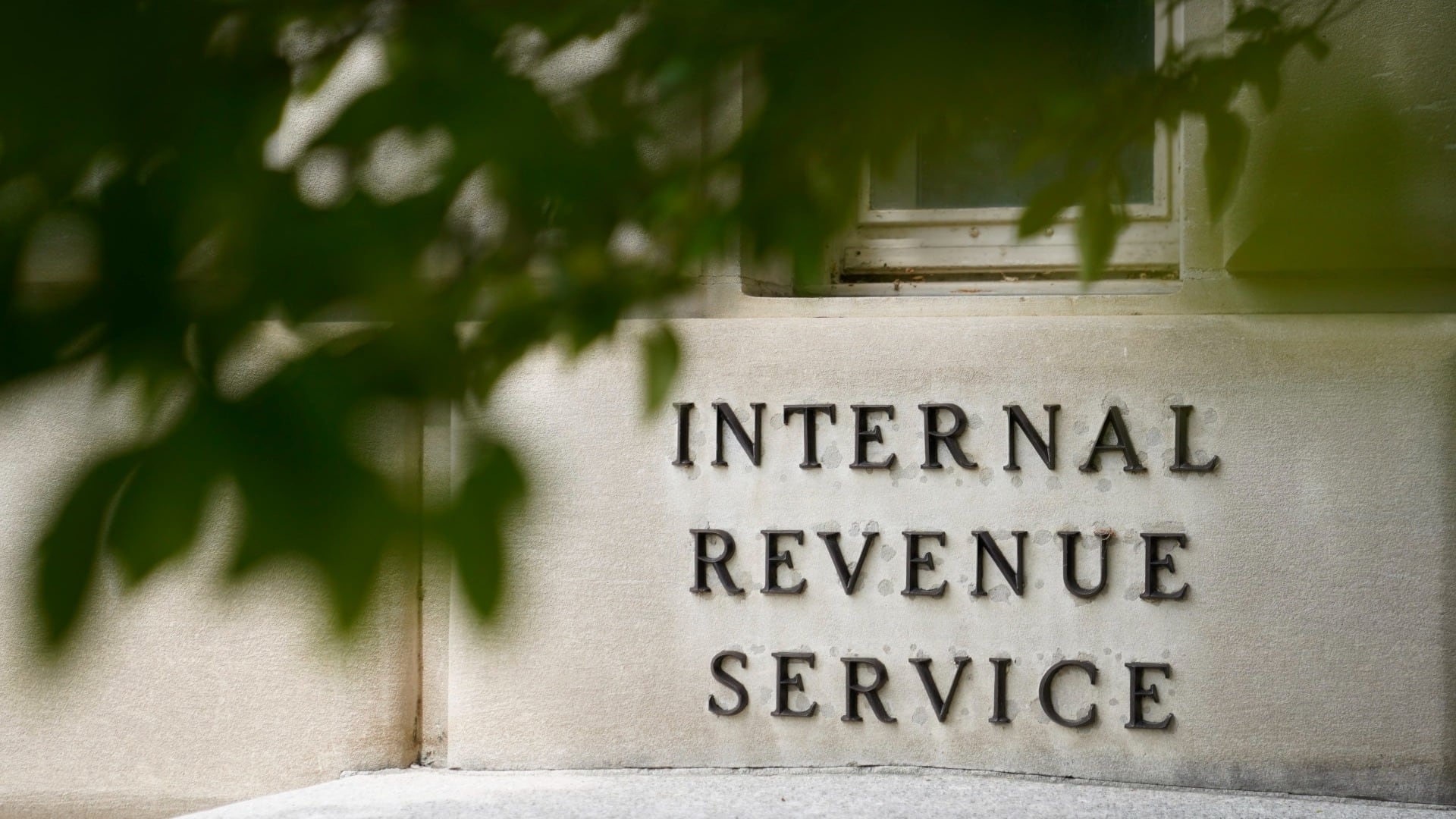CVS is getting into the primary care business with the $10.6 billion purchase of Oak Street Health.
The pharmacy chain said the goal of the acquisition is to help customers reduce health costs and improve outcomes, particularly among more at-risk populations.
“Combining Oak Street Health’s platform with CVS Health’s unmatched reach will create the premier value-based primary care solution,” said CVS Health President and CEO Karen S. Lynch. “Enhancing our value-based offerings is core to our strategy as we continue to redefine how people access and experience care that is more affordable, convenient and connected.”
Oak Street Health, founded in 2012, operates 169 medical centers across 21 states and employs 600 primary care providers. Its biggest pool of customers are recipients of Medicare.
The company said the additional resources from CVS will help bolster the company's already technologically-forward approach to health care, as it plans to have over 300 centers by 2026.
“This agreement with CVS Health will accelerate our ability to deliver on our mission and continue improving health outcomes, lowering medical costs, and providing a better patient experience while offering significant value to our shareholders,” said CEO Mike Pykosz.
Over the last decade, CVS has made a number of acquisitions in the healthcare industry. It purchased Omnicare, a nursing home network, for $13 billion in 2015 and Aetna, a nationwide health insurance company, for a whopping $69 billion in 2017.
It had also tried to acquire another primary care provider, One Medical, although Amazon beat it to the punch. The e-commerce company successfully purchased it for $3.5 billion in July.












